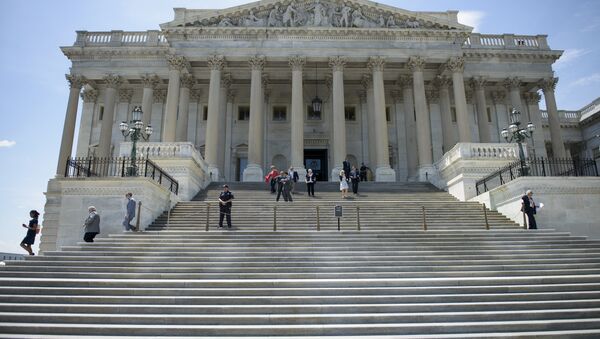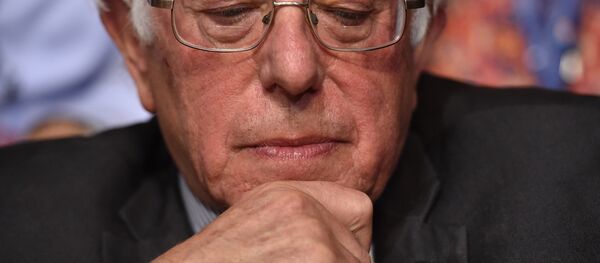The Trans-Pacific Partnership, or simply the TPP, is a proposed treaty between twelve Pacific Rim countries.
The latter account for forty percent of global trade and include the United States, Japan, Australia, Malaysia and Vietnam. The TPP aims at creating a free trade zone between its signatories via elimination of tariffs and restrictive policies in a number of areas, including agriculture and industry.
While both major US presidential candidates, Hillary Clinton and Donald Trump, oppose the treaty, President Barack Obama continues to push hard for TPP ratification.
Prominent Malaysian economist, who served as the United Nations Assistant Secretary-General for Economic Development, Dr. Jomo Kwame Sundaram spoke to Radio Sputnik about the TPP deal.
“Obama administration has set the point of its efforts to isolate China, particularly economically. Most countries including US allies are supporting participation and are actively participating in launching the Asian Infrastructure Bank,” Sundaram said.
He further said that as far as the United States is concerned this is probably one of the least effective ways for advancing its strategic interest.
“TPP is an agreement which will basically advance corporate interest in a number of areas most importantly it will advance US corporate interest rather than say, Japanese corporate interest. The private arbitration process that TPP provides for is a system which is in many ways a very biased system. It puts smaller countries at great risk and it is something to be avoided.”
He further said that it is fortunate that a number of developed countries have signed on to it thinking that they will benefit significantly from the TPP.
“Although there might be some slight advantage for the developed countries to participate in the TPP, but in the longer term the developing countries will be much worse off because the public interest, especially in the area of public health will be greatly compromised,” Sundaram said.
“It is a very uneven playing field. The likely hood is great that while the US corporate interest will be advanced, the other corporate interests even within the TPP countries may not benefit significantly because of very different modes of operation and a different interest in what is largely an asymmetric situation.”
Sundaram said that the TPP is misleading in its “level of playing field.”
Talking about Obama and his push towards the deal, the economist said, “I suspect that there are two advantages for the president. One is that the newly elected presidents are really badly compromised politicians who just got elected will be very conscious about who their corporate sponsors have been.”
“Secondly, those who have lost they would be very conscious where their incomes will come from,” Sundaram said.
He further spoke about the US national interest against China’s rising power and how the president to come will have to face this dilemma.




